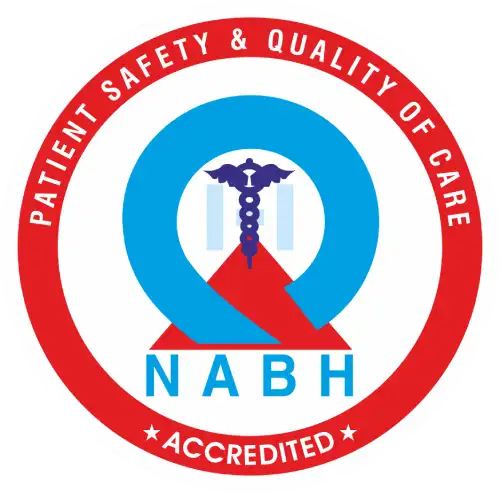Protecting the Future- A deep dive into Heart Attack Causes in the Young
The lifestyle we live, the food we eat, and the stress we experience have played a major role in contributing to the rise of heart attacks in young adults.
By Aadicura | 04 October 2023What is a heart attack?
Before diving deep into why there is an increase in heart attacks among young adults, let us first understand what a heart attack actually is.
Simply put, a heart attack is a medical emergency wherein the artery that supplies blood and oxygen to the heart gets blocked due to the formation blood clot over deposited fat and cholesterol (plaque) in the Coronary artery. This process of building up of cholesterol is called Atherosclerosis and disease is known as Coronary Artery Disease.
Causes and symptoms
There are a number of risk factors that lead to heart attacks. Here are a few causes that are the most common:
- Hypertension, also known as High Blood Pressure. Over time, if left unchecked, it can pave the way for heart attacks and strokes.
- Smoking. It increases the bad cholesterol level, damages inner smooth layer (endothelium) of Coronary arteries, increases blood viscosity and thus increases risk of plaque formation and heart attack.
- Diabetes. Higher chances of diffuse disease, disease affecting all three coronary arteries supplying blood to heart and silent heart attack.
- Obesity. When there is excess weight in your body, it leads to the building of fatty materials in the arteries, and causing blockage, which in turn results in a heart attack.
Of course, there are other factors such as family history, unhealthy diet, lack of exercise, stress, etc.
Now let us understand the symptoms:
- The most common symptom is chest pain or chest heaviness in centre of chest. Pain may radiate to left shoulder or arm, neck, jaw.
It is aggravated by walking fast or climbing stairs.
- Shortness of breath and unexplained fatigue. People, even when they are not moving, can experience shortness of breath.
- Nausea and Vomiting
- Uneasiness with sweating and dizziness
It is also important to note that you might not have typical symptoms. Symptoms may be just like acidity.
Young adults and heart attacks
We see in the news every now and then that young lives are being succumbed to heart attacks. Why is it happening, and what can we do to prevent it? Let us understand and safeguard ourselves.
The lifestyle we are living, the food we are eating, and the stress we experience have played a major role in contributing to the rise of heart attacks in young adults. The generations before us did not live like us. They did not experience the symptoms at such a young age.
The digital revolution has been ambiguous for us. It brought the world together, but at a big cost. People started to work on computers, making them sedentary. Increased screen time till late night has impaired quality of sleep. People are unwilling to go out and exercise. It is the need of the hour that people understand that exercising will help them maintain blood pressure, thereby reducing the risk of heart attack.
The food we are eating is absolutely unhealthy. People are consuming fast food and frozen food. These foods are pre-cooked and do not have all the nutrients. Also, they are high in calories, saturated fat, trans fat and sugar, resulting in increased cholesterol and making them more susceptible to heart attacks.
Sedentary lifestyle, unhealthy diet, lack of exercise and good sleep and stress are also responsible for early diabetes and hypertension, which are two important risk factors for heart attack. It is important to feed the body what it needs to stay healthy.
Depression is rising and seems to be the primary contributor to heart attacks in young adults. The constant connectivity and information overload have caused a significant amount of stress in young adults. Social media being the false guide for life standards has led to a substantial rise in mental health problems that people are unable to cope with and fall prey to depression. Fortunately, there has been increased awareness about mental health, which in turn will result in a lower risk of heart attack.
Eating healthy food (best is fresh home cooked food – whole grain, green leafy vegetables, fresh fruits, low fat dairy products), exercising daily (30 – 45min of brisk walk/ cycling/ swimming), 7 hours of good sleep and managing your stress will reduce the risk of a heart attack in the long run.
Regular health check ups help detecting and timely treatment of risk factors like high blood pressure, diabetes and high cholesterol early and thus help significantly preventing heart attack.
At Aadicura Superspeciality Hospital, patients will always be prioritised over everything else. They will always find “Specialists that care” by their side. The best of diagnosis and treatments will be provided to all under the expert guidance of specialist doctors and medical staff.








